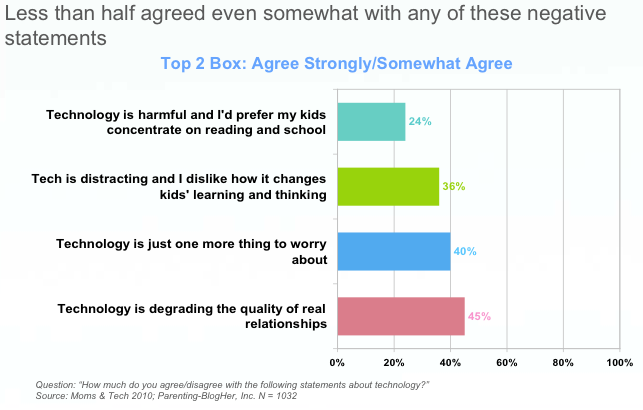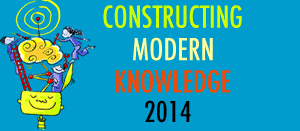Be sure to watch this new TED talk by Sugata Mitra, who has done pioneering research with computers, learning and children, especially about learning in parts of the world where, as he says, “good teachers don’t want to go.”
He talks about some of his old concepts, such as the Hole in the Wall project, where computers were placed in walls in the slums of India, and what happened as the children taught themselves and others how to use them. His concept of “Minimally Invasive Education” is based on these experiments, basically giving children fully functional computers and time to explore questions of interest. The results were amazingly consistent — children can achieve basic competency on computers completely on their own, even when the interfaces were in languages they didn’t understand. It calls into question the whole definition of technology literacy and how we traditionally teach it.
There is more about his projects here in my blog post from 2007 which has videos and links from those earlier experiments, and some thoughts on what this means about the role of the teacher.
Now for an update. Mitra has been busy, designing all kinds of environments to explore the range and limits of what children can do with computers. This new TED talk shows these experiments, future plans and how he sees education as a self-organizing system with learning as emergent behavior.
In it, he talks about his current experiments using a “granny cloud” and Self Organized Learning Environments (SOLEs). Both of these are experiments where students had access to grannies, teachers, and other experts over broadband connections. For example, a “granny” might read aloud to the class, or to an individual student. What might this mean to a classroom where students have no regular teacher, an overburdened teacher, or an undertrained teacher? What might this mean to children who have no classroom at all? Could kiosks be placed in remote village centers?
These experiments, like the One Laptop Per Child project, seek to address the learning needs of the developing world. And we need to meet those needs, to bring education and hope to all people around the world. It is incredibly short-sighted to view education as a competition, where American children “win” only if children in other countries lose. We need people like Sugata Mitra to explore new ways of teaching and learning that can reach everyone on earth, not just those with access to traditional classrooms and good teachers. And as a bonus, in doing so, it provides new insight and raises questions about what conditions and environments really support good learning.
Some might see this research as an attack on teachers, questioning the need for any teacher in any classroom. I do not think this is the case, as I explained in my blog post from 2007 about this concept.
But what do you think?
Sylvia

